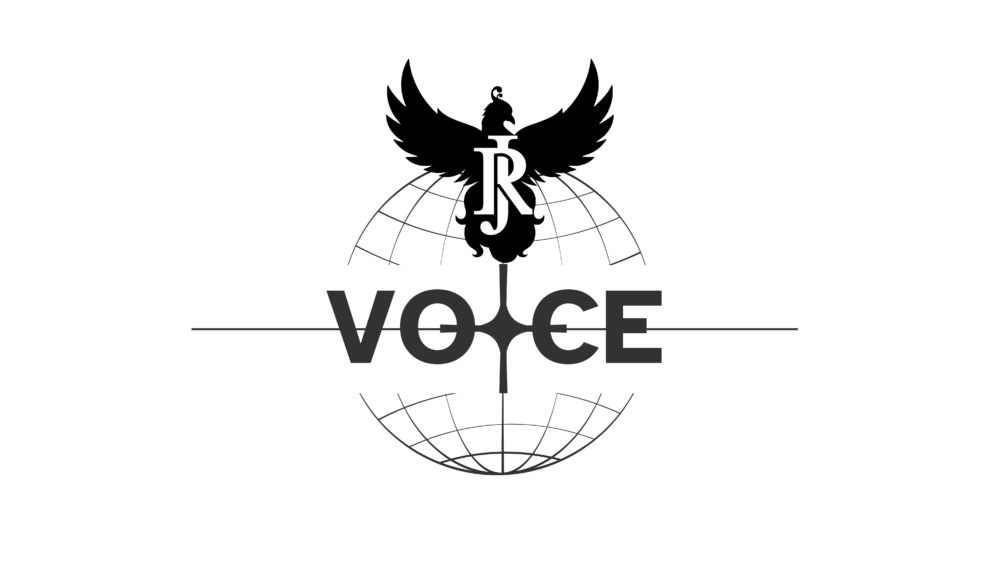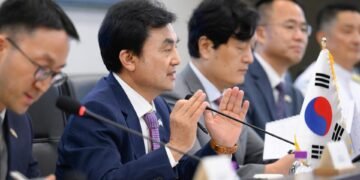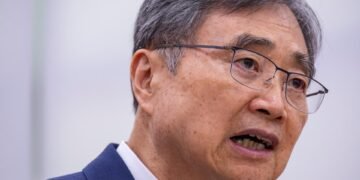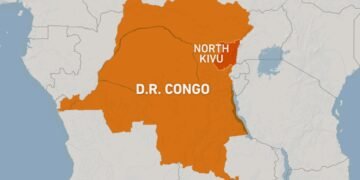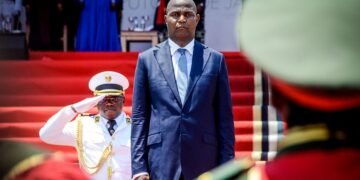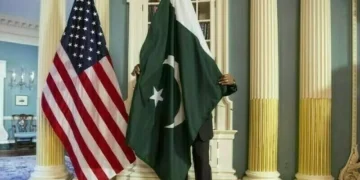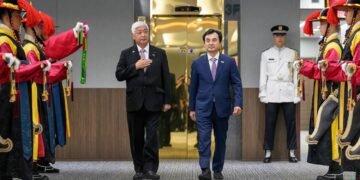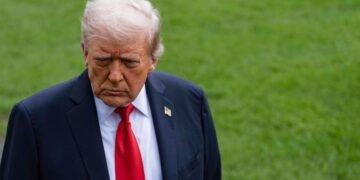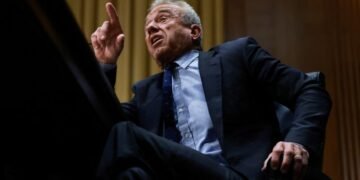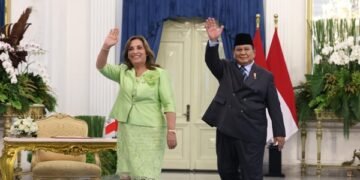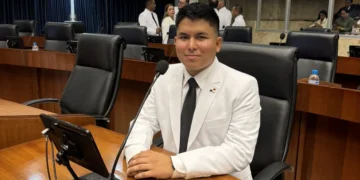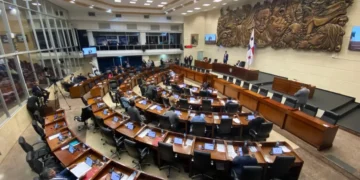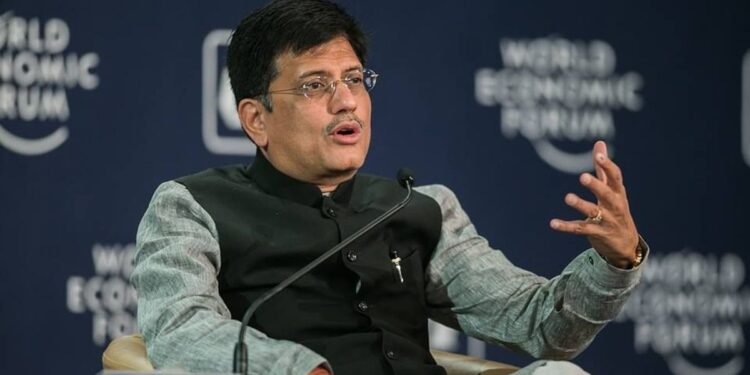India has reaffirmed its commitment to principled and mutually respectful trade negotiations, rejecting pressure tactics even as the United States announced a temporary halt to tariff hikes on several countries, including India. Union Commerce Minister Piyush Goyal made it clear on Friday that New Delhi would not compromise its interests under duress, stating, “We never negotiate at gunpoint.”
Speaking at the Italy-India Business, Science and Technology Forum, Goyal emphasized that all trade negotiations involving India are guided by national priorities and a long-term development vision. “Trade talks proceed when both sides are sensitive to each other’s concerns and requirements. All our trade talks are progressing well in the spirit of India First, ensuring our pathway to Viksit Bharat by 2047 during this Amrit Kaal,” he said.
Goyal’s remarks came in response to US President Donald Trump’s announcement of a 90-day pause on new tariffs affecting several countries, including a proposed 26% tariff on Indian goods. However, this pause does not apply to China, which Trump accused of undermining global markets. Effective immediately, he raised tariffs on Chinese imports to 125%, citing Beijing’s “lack of respect” toward international trade norms.
In a social media post outlining the new measures, Trump highlighted the willingness of over 75 countries to negotiate with the US on various trade matters, including tariffs, non-monetary trade barriers, and currency manipulation. “These countries have not retaliated in any way, shape, or form,” Trump claimed, adding that the tariff pause was a gesture of goodwill intended to create space for constructive negotiations.
Goyal, however, maintained that India’s approach would remain steady and deliberative. “Favourable time constraints can encourage faster negotiations, but until we are satisfied that our national interests and the welfare of our people are protected, we will not rush into agreements,” he asserted.
India’s External Affairs Minister S. Jaishankar echoed this sentiment, describing the current round of trade talks as particularly intricate and dynamic. “We are definitely moving with a sense of urgency, but trade deals are inherently complex,” he said. Jaishankar noted that while India and the US had engaged in negotiations during Trump’s first term, key differences had remained unresolved. “They have a view of us, and we have our view of them. There’s a history here, and the process hasn’t always moved forward.”
He also commented on ongoing discussions with the European Union, which have seen significant delays over decades. “People often say we’ve been negotiating with the EU for 30 years, but that’s not entirely accurate — there have been long periods where talks simply weren’t happening,” he remarked, highlighting the challenges of aligning with global partners.
Despite the elevated tariff rate announced by the US, India is proceeding cautiously with its trade policy. The government is actively working on finalizing the India-US trade agreement, an initiative that gained momentum following Prime Minister Narendra Modi’s visit to Washington earlier this year. The proposed 26% tariff on Indian goods, while steep, is lower than the punitive rates directed at China, which initially faced a combined levy of 54% before the increase to 125%.
Analysts note that the situation underscores the broader global tensions around protectionism, supply chain dependencies, and shifting geopolitical alliances. India, which has consistently promoted multilateralism and fair trade, is positioning itself as a stable and reliable economic partner while asserting its sovereign right to negotiate from a place of strength, not submission.
As the 90-day pause progresses, the next steps in US-India trade talks will be closely watched, with both sides expected to push for outcomes that align with their long-term strategic and economic interests.

